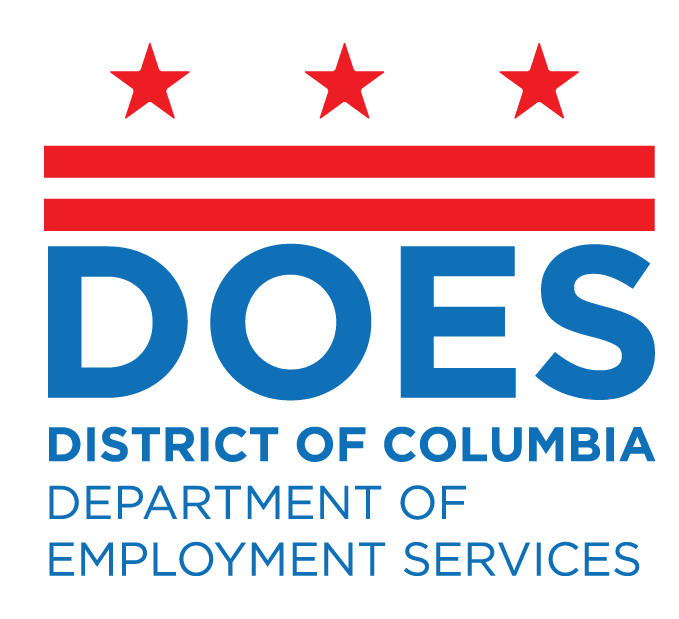The ability to continue a prior claim depends on its status at the time processing has stopped.
- If you filed for unemployment insurance in October and your claim has not been withdrawn, you must reopen your claim.
- If your request to withdraw your claim has already been processed, you must file a new claim and submit updated documentation, including:
- Claimant Affidavit of Federal Civilian Service (ES-935)
- Most recent W-2
- Four (4) most recent pay stubs
- Most recent Standard Form 50 (SF-50)
- Most recent Standard Form 8 (SF-8)
Although the federal government experienced a lapse in appropriations, the District of Columbia government will remain open. Federal employees who were furloughed may file for Unemployment Insurance benefits online at dcnetworks.org or visit an American Job Center.
No. If you are an exepted employee and continue working full-time during a lapse in appropriations, you are not considered unemployed under federal and District unemployment insurance (UI) law. Even if you are not paid until the end of the lapse in appropriations, you are still performing full-time services. Because you are not employed, you are not eligible for Unemployment Compensation for Federal Employees.
- The number of hours worked.
- The amount of wages earned.
If you continue working full-time during the lapse in appropriations, you are not eligibile for UCFE benefits.
February 13, 2026, per an administrative policy issuance, the Department of Employment Services (DOES) has waived work search requirements for furloughed federal government employees impacted by the current partial government shutdown impacting the Department of Homeland Security. However, this does not apply to federal contractors, separated employees, or other claimants.
You must continue filing weekly certifications, even if benefit payments have not yet been issued. Weekly certifications may be submitted online at www.dcnetworks.org or by phone through the Interactive Voice Response (IVR) system at (202) 724-7000.
Under District law, there is a one-week waiting period before benefits are paid. The waiting period is the first week for which a claimant would otherwise be eligible. Generally, this is the first week of the claim. No payment is made for the waiting period.
Unemployment Insurance (UI) benefit claims may be processed within 21 days. Receiving the required information outlined below may allow DOES to process claims more quickly, assuming all other eligibility requirements are met.
Required documentation includes a copy of the Claimant Affidavit of Federal Civilian Service (ES 935), most recent SF-50, most recent SF-8 with the application, if available. You should also provide the last four pay stubs and the most recent W-2.
See Claimant's Rights and Responsibilities Handbook for more details and eligibility requirements.
Once a weekly certification is submitted and no issues are identified, payment is generally issued within 72 hours.
When reviewing the SF-50, refer to line 39. If line 39 does not reference Washington, District of Columbia, a claim needs to be filed with the state referenced on line 39.
16. How do I determine which employing agency to list on my claim?
On the SF-50 refer to line 46, which will be the state employing department agency.
17. What if I do not know my three-digit agency code?
The three-digit agency code is listed on the SF-8 under “Code No.”. This same code can also be found when filing your claim by entering the agency name in the system at the time of filing.
18. Who should I contact for general questions?
Unemployment Compensation for Federal Employees (UCFE) is administered differently than traditional Unemployment Insurance (UI) for private-sector employees. Private employers report wages quarterly for all employees into state databases, which are automatically accessed when a separated employee applies for unemployment compensation.
For federal employees, wages are not reported quarterly to state systems. As a result, when a UCFE claim is initially filed, the monetary determination may appear as $0 until the federal employing agency submits the wage and separation information. Once the required wage data is received and processed, the monetary determination will be updated accordingly.
